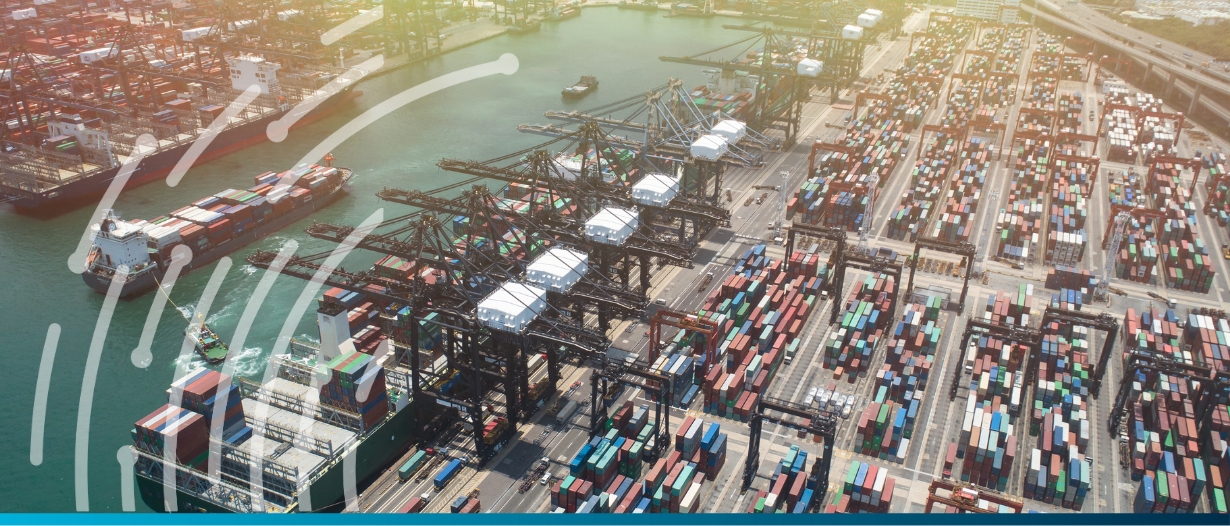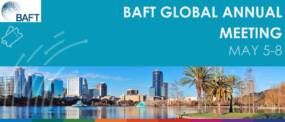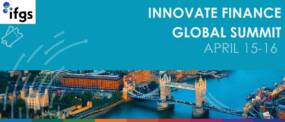The financing partners of the Asian Development Bank (ADB) have committed $11.4 billion in cofinancing for ADB projects in 2022, aimed at enhancing the resilience of developing member countries and their ability to withstand economic shocks. The Partnership Report 2022: Driving Growth, Boosting Resilience, released today, provides insights into this collaboration.
ADB Managing Director General Woochong Um said, “Resilience is one of the four pillars of ADB’s Strategy 2030 and is integrated into all aspects of our development work. Our region needs resilient infrastructure, cities, and communities. We want the environment and natural resources to be resilient. We want all economies in the region to be resilient. Our partnerships enable significant progress in promoting resilience.”
ADB and its partners have focused on strengthening resilience across Asia and the Pacific through various initiatives. Examples include providing cash transfer support to mitigate food inflation in Sri Lanka, assisting Mongolia in managing economic shocks caused by escalating food and fuel prices, and supporting Vanuatu in targeting its COVID-19 response towards vulnerable groups.
Women’s economic resilience has also been a priority. Partnerships have facilitated financing for women-owned or led small businesses in Georgia, increased financial inclusion for Indonesian women and vulnerable groups, and connected Indian farmers, particularly women, to markets and agricultural value chains.
Digital technology has been leveraged to optimise resilience. ADB’s Trade and Supply Chain Finance Program’s digital standards initiative aims to drive the digitalisation of global trade.
In South Asia, smart water management technology has been deployed to enhance operational efficiency in water utilities. Additionally, several countries in the region have digitised national health information and finance systems to improve healthcare delivery and reduce costs.
Cofinancing for sovereign projects in 2022 amounted to $4.3 billion, primarily sourced from bilateral and multilateral partners. The remaining funds were mobilised from global funds, ADB-administered trust funds, philanthropic organisations, and private entities.
Nonsovereign operations received $7.1 billion in cofinancing, encompassing private sector projects, technical assistance, transaction advisory services, and programs for trade finance, supply chain finance, and microfinance.
ADB collaborated with numerous private sector partners, 14 bilateral partners, 6 multilateral partners, and 4 global funds in 2022, cofinancing 124 sovereign and 41 non-sovereign projects. The impact of these partnerships aligns with ADB’s operational priorities and amplifies their operations.
The fully digital 2022 Partnership Report showcases cofinanced projects, financing partner profiles, and updates on ADB-managed trust funds. It illustrates how financing partnerships deliver concrete impact, contribute to resilience, and support ADB’s strategic goals.
 Australia
Australia Hong Kong
Hong Kong Japan
Japan Singapore
Singapore United Arab Emirates
United Arab Emirates United States
United States France
France Germany
Germany Ireland
Ireland Netherlands
Netherlands United Kingdom
United Kingdom






Comments are closed.